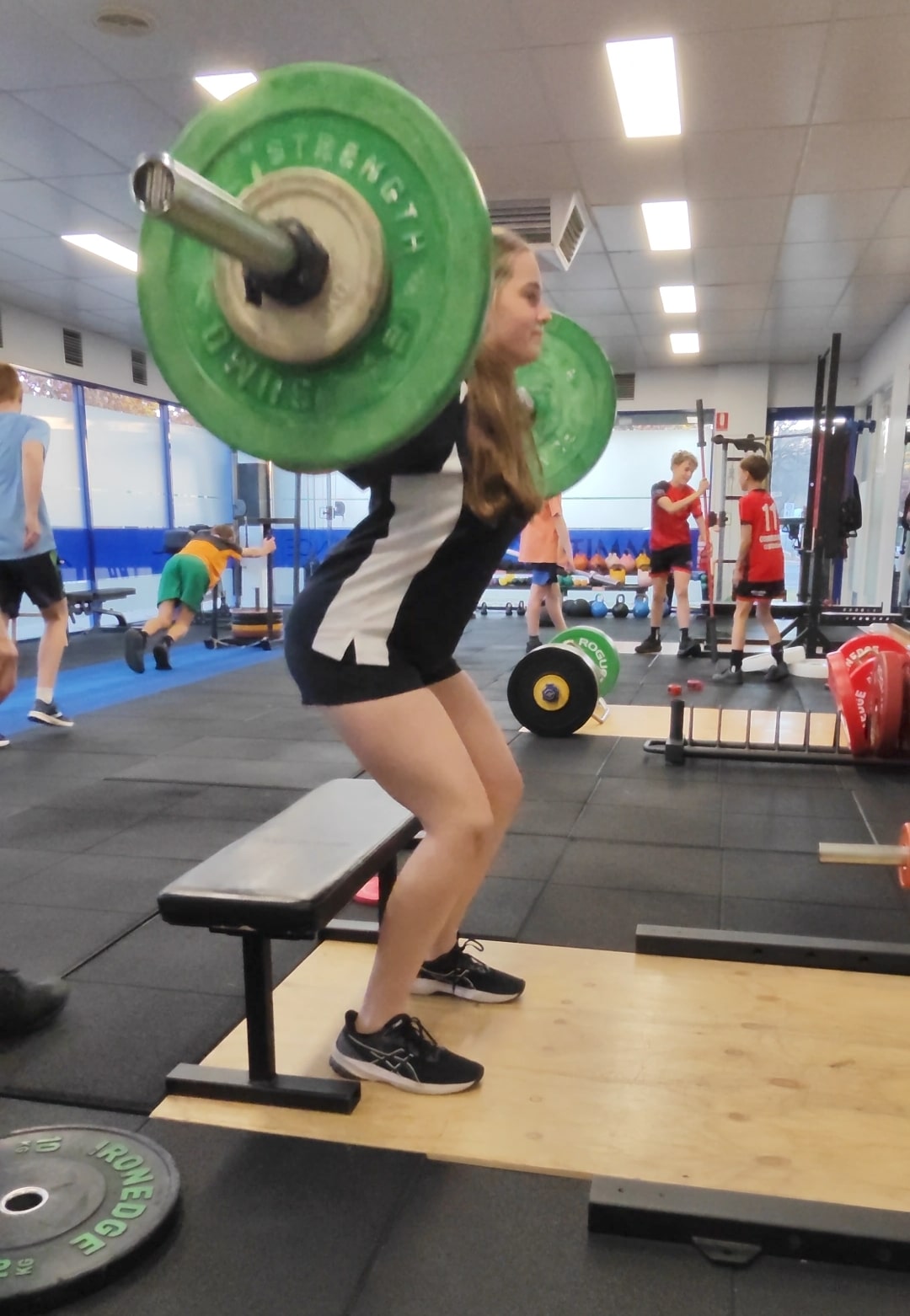Youth athletes are a force of nature, fuelled by boundless energy and an insatiable drive to conquer challenges. However, in the pursuit of excellence, it’s easy to overlook a crucial aspect of athletic development—RECOVERY.
As parents, coaches, and mentors, understanding and implementing effective recovery strategies for young athletes is paramount. In this blog we’ll explore the importance of recovery in a young athlete’s journey and provide a guide to nurturing their physical and mental well-being.
The overlooked pillar: Understanding the importance of recovery
Recovery is often overshadowed by the excitement of training and competition, but it’s a cornerstone of athletic success. For young athletes, whose bodies are in a constant state of growth and development, proper recovery is even more critical. It’s not just about bouncing back from intense workouts; it’s about ensuring sustained performance, preventing injuries, and promoting long-term athletic development.
Quality Sleep: The ultimate performance enhancer
The significance of sleep in the recovery process cannot be overstated. During sleep, the body undergoes essential processes such as muscle repair, growth hormone release, and overall cellular rejuvenation. For young athletes, who juggle school, training, and other commitments, establishing healthy sleep patterns is paramount. Aim for 8-10 hours of quality sleep per night to optimise recovery and support optimal athletic performance.
Nutrition as a recovery tool: Fuelling the growing athlete
Proper nutrition is the fuel that powers an athlete’s performance and recovery. Young athletes, in particular, require a balanced and nutrient-dense diet to support their growth and training demands. Adequate protein intake is crucial for muscle repair, while carbohydrates provide the energy needed for intense workouts. Incorporate a variety of fruits, vegetables, whole grains, and lean proteins into their meals to ensure a well-rounded and supportive nutritional foundation.
Hydration: quenching the thirst for success
Dehydration can hinder performance and impede the recovery process. Young athletes, who often underestimate their fluid needs, must prioritise hydration. Encourage regular water intake throughout the day, especially before, during, and after training sessions. Electrolyte-rich beverages can also be beneficial, particularly after intense physical activity, to replenish lost minerals and support optimal muscle function.
Active recovery: Finding balance in movement
Contrary to popular belief, recovery doesn’t mean complete inactivity. Active recovery involves low-intensity exercises that stimulate blood flow, reduce muscle soreness, and enhance flexibility. Young athletes can engage in activities like light jogging, swimming, or yoga on rest days to promote recovery without placing additional stress on their bodies. Incorporating active recovery into their routine can contribute to better overall well-being and sustained performance.
Rest and Relaxation: Mental recovery matters
While physical recovery is crucial, mental recovery is equally important for young athletes. Balancing school, sports, and social activities can be mentally taxing. Encourage downtime, whether it’s reading, listening to music, or simply spending time with friends and family. Teaching young athletes the importance of mental relaxation not only enhances their overall recovery but also fosters a positive attitude towards their sport and life.
Incorporating Mobility and Flexibility: The foundation of longevity
Mobility and flexibility are often neglected aspects of a young athlete’s training routine. However, they play a pivotal role in preventing injuries and promoting efficient movement patterns. Incorporate dynamic warm-ups and static stretches into their pre and post-training routines. Emphasise the importance of maintaining a full range of motion to enhance overall athletic performance and longevity in their chosen sport.
Professional Guidance: The role of coaches and sports med experts
Parents and coaches play a vital role in guiding young athletes through their recovery journey. Coaches should be knowledgeable about age-appropriate training loads and recovery strategies. Additionally, involving sports medicine professionals in the athlete’s care can provide specialised guidance on injury prevention, rehabilitation, strength training and overall well-being. Collaborative efforts between parents, coaches, and health professionals create a supportive environment for optimal recovery and performance.
Recognising signs of overtraining: Balancing act for young athletes
The enthusiasm and dedication of young athletes can sometimes lead to overtraining, a phenomenon that can have detrimental effects on both physical and mental well-being. Educate young athletes about the importance of listening to their bodies and recognising signs of overtraining, such as persistent fatigue, decreased performance, and increased susceptibility to illness. Implementing periodic breaks and modifying training intensity can help prevent burnout and ensure a sustainable athletic journey.
Setting realistic goals and expectations: Fostering a healthy perspective
In the pursuit of success, young athletes may set ambitious goals and harbour high expectations. While ambition is commendable, it’s crucial to foster a healthy perspective on success and failure. Encourage realistic goal-setting, emphasising the journey of improvement rather than solely focusing on outcomes. This approach not only reduces performance-related stress but also contributes to a positive mindset, crucial for overall recovery.
Nurturing young athletes involves a holistic approach that extends beyond the training field. By prioritising recovery strategies, parents, coaches, and mentors can support the well-being and development of these aspiring champions. From quality sleep and nutrition to active recovery and mental relaxation, each component plays a vital role in ensuring young athletes not only perform at their best but also enjoy a sustainable and fulfilling athletic journey. As we guide the next generation of athletes, let us recognise that true success is not just measured in victories but in the well-rounded development of resilient, healthy, and empowered individuals.




